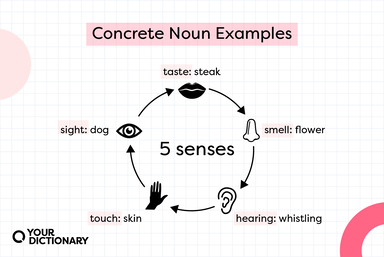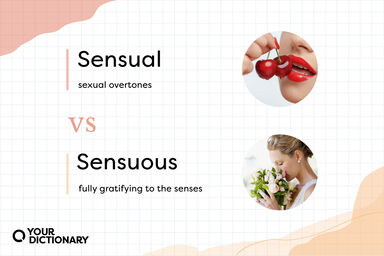Sense Definition
- be unaware
- overlook
- be numb
- to a limited extent or degree
- in one aspect
- to be intelligible or logical
- to find meaning in; understand
Idioms, Phrasal Verbs Related to Sense
- in a sense
- make sense
- make sense of
Origin of Sense
-
From Middle English sense, from Old French sens, sen, san (“sense, reason, direction"); partly from Latin sensus (“sensation, feeling, meaning"), from sentiō (“feel, perceive"); partly of Germanic origin (whence also Occitan sen, Italian senno), from Old Frankish *sinn (“reason, judgement, mental faculty, way, direction"), from Proto-Germanic *sinnaz (“mind, meaning"). Both Latin and Germanic from Proto-Indo-European *sent- (“to feel"). Compare French assener (“to thrust out"), forcené (“maniac"). More at send.
From Wiktionary
-
Middle English meaning from Old French sens from Latin sēnsus the faculty of perceiving from past participle of sentīre to feel sent- in Indo-European roots
From American Heritage Dictionary of the English Language, 5th Edition
Sense Is Also Mentioned In
Find Similar Words
Find similar words to sense using the buttons below.





